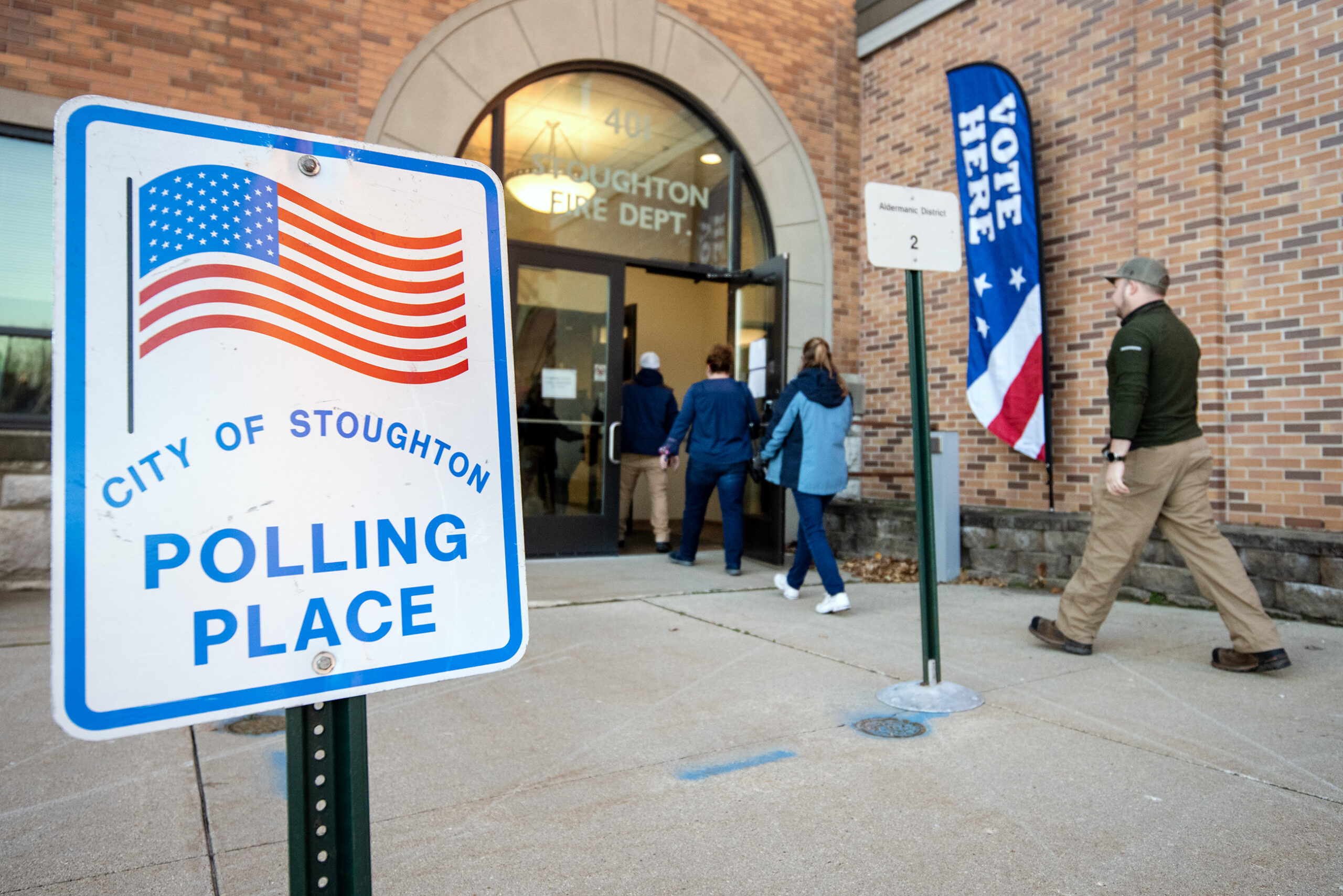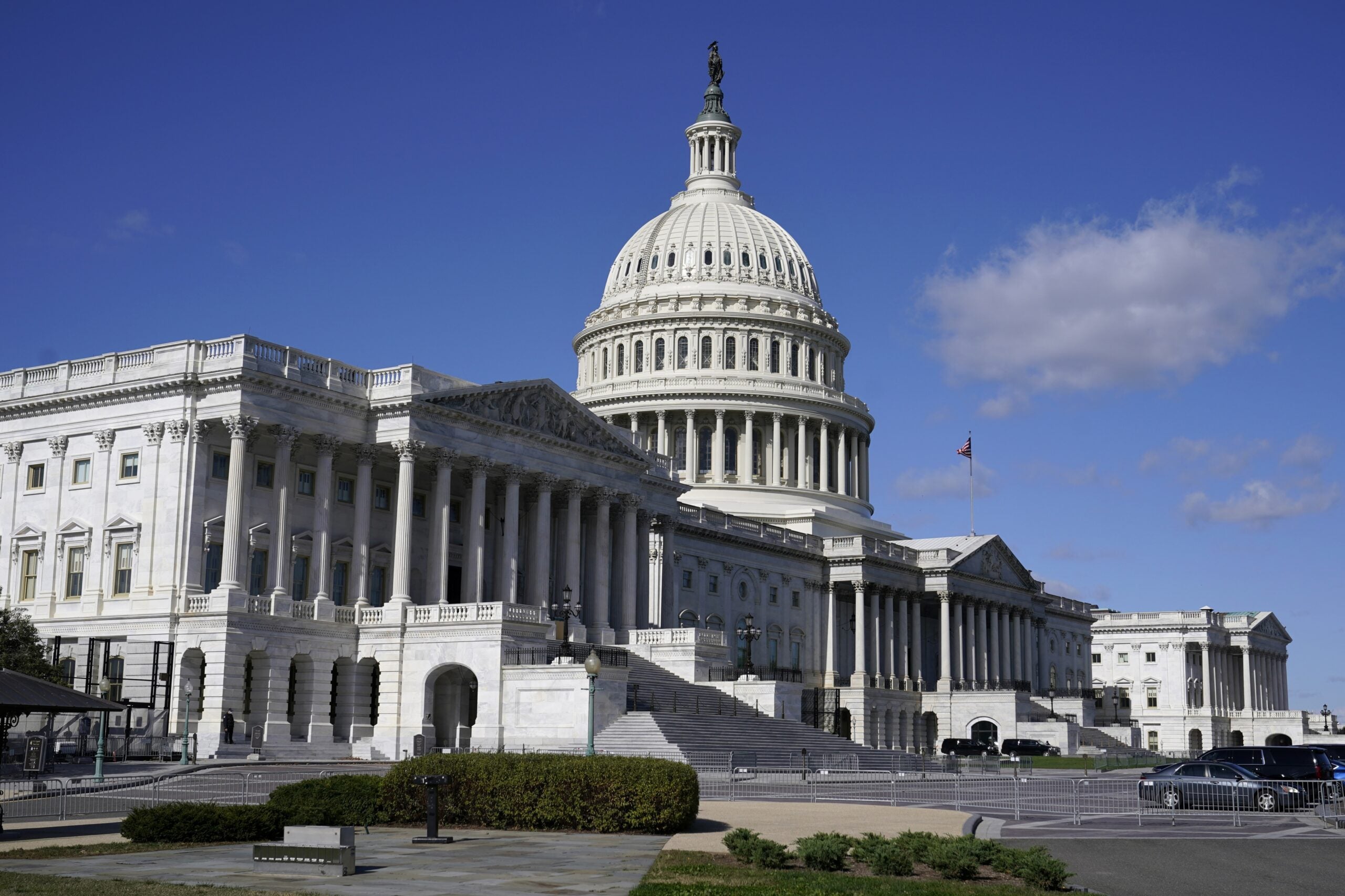Sara Imhof of the Concord Coalition, a national group dedicated to eliminating the country’s deficit, was in Madison Wednesday.
Imhof says aging baby boomers living longer will have consequences for Medicare and Social Security.
The Congressional Budget Office recently announced the national deficit is declining due to health care costs. Imhof, the Midwest director for the Concord Coalition, says that it’s too soon to celebrate; she told Madison’s downtown Rotary Club that the nation’s elderly population – those 65 and older – will double by the year 2050.
Stay informed on the latest news
Sign up for WPR’s email newsletter.
“We’re all going to look like the state of Florida. One in five of us in Madison, one in five of us in Fond du Lac, [and] one in 5 of us in Iowa City is going to be 65 or older.”
She says seniors use three to five times more health care than younger people – and 50 percent of elderly persons have at least two chronic diseases. Both Social Security and Medicare are expected to grow in the next two to three decades, but Imhof says another major driver of the deficit could decrease:
“We think that the defense budget is actually going to stay stable and reduce. Discretionary spending is expected to be reduced as well.”
Discretionary spending goes to non-entitlement programs – things like transportation and education. Imhof says the country’s current fiscal policy is unsustainable. So, she adds, is the political gridlock which prevents cooperation on solutions.
Correction: an earlier version of this story said the elderly population would double by 2025 – in fact, the population is estimated to double by the year 2050.
Wisconsin Public Radio, © Copyright 2024, Board of Regents of the University of Wisconsin System and Wisconsin Educational Communications Board.






